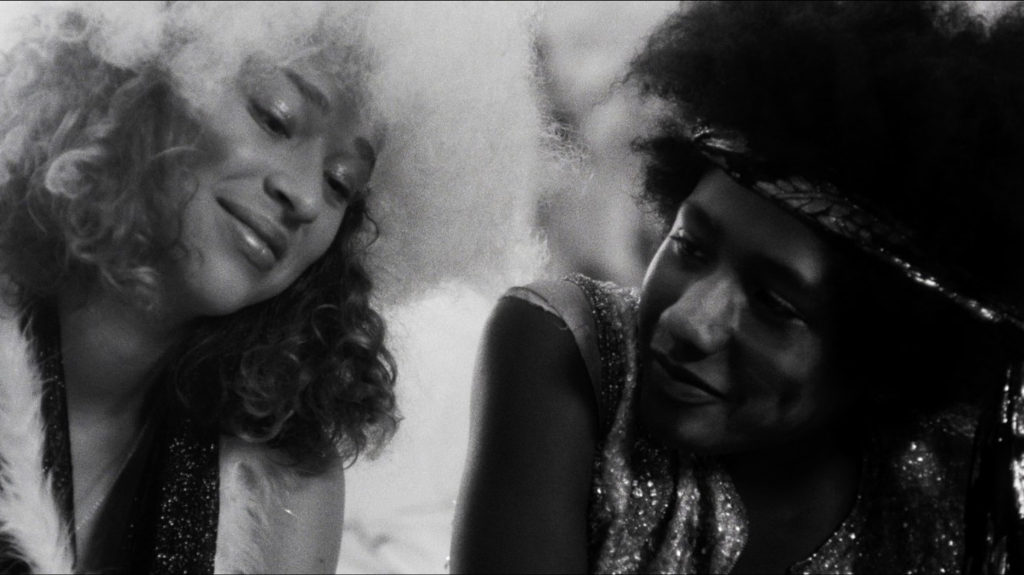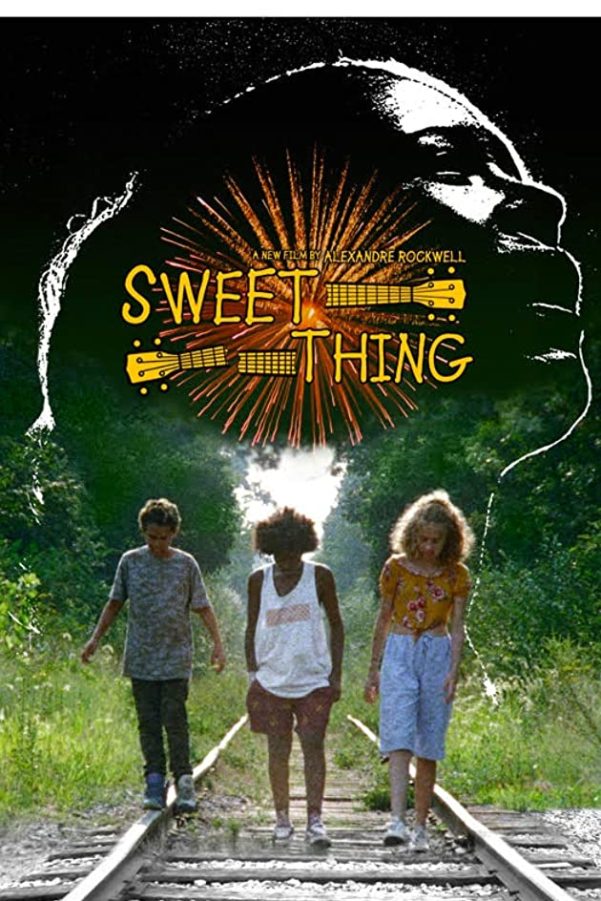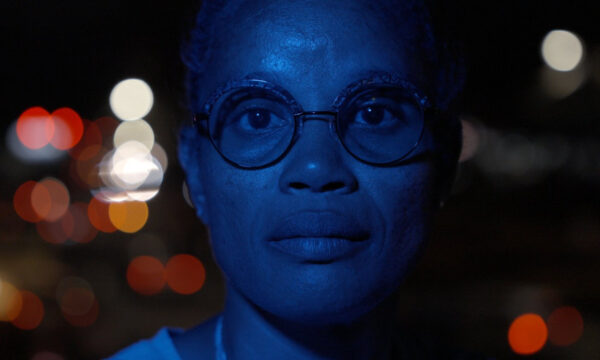Sweet Thing

Alexandre Rockwell directs his children in Sweet Thing, an intimate and aching family drama that tackles the ways in which class, race, and gender simultaneously bubble beneath and seep into private life.
Sweet Thing adopts the perspective of teenager Billie (Lana Rockwell), as she and her younger brother Nico (Nico Rockwell) are caught in the crossfires of their parents’ divorce and personal struggles. We meet them at Christmas: presents are scarce but surprisingly thoughtful, despite their father Adam’s (Will Patton) erratic and destructive drinking. The gentle display is obliterated by drunk Dad returning home and cutting Billie’s hair. Then, again, the harrowing scene is transformed into a tender moment between siblings. The kids are then shipped to their mother and her abusive boyfriend for the summer, which, in turn, transforms into a greater and more sinister environment. Rockwell’s story grips its audience as he stealthily shifts between trauma and the quintessentially joyful moments of youthful siblinghood. No doubt helped by the familial ties behind and in front of the camera, the Rockwell children deliver powerfully glassy-eyed performances that quickly garner the undivided attention of their captivated audience.
Lasse Ulvedal Tolboll’s black and white cinematography, which initially seems like a superficial aesthetic choice, tenderly lifts Sweet Thing into its intense psychological state. The fidgeting handheld camerawork places its audience uncomfortably close to the tightly-framed children. Tolboll skilfully uses black and white to evoke Billie’s emotional state, and includes only a few sequences in colour to move into the rare moments when her childhood is experienced the way it is supposed to be lived. Lithe flashes of saturated colour point to the short-lived breaths of happiness. A recognisable nostalgia is baked into the present.
There are choppier progressions once the children become self-proclaimed “outlaws and renegades”, but they are easily forgiven due to the film’s highly experimental feel. Another instance of the children walking along railway tracks, harking back to Stand By Me, is muddled by oddly incorporated subtitles. Nonetheless, Rockwell’s film about specific heartbreaking circumstances is accessibly potent in its portrayal of childhood and memory. He taps into the experience of complex emotions – fear mixed with hope, love entangled with heartbreak, and childhood prematurely ripped away – in ways that exemplify the unique potential of cinema.
Mary-Catherine Harvey
Sweet Thing does not have a UK release date yet.
Read more reviews from our Tribeca Film Festival 2020 coverage here.
Read our interview with Will Patton here.
Watch the trailer for Sweet Thing here:


























Facebook
Twitter
Instagram
YouTube
RSS